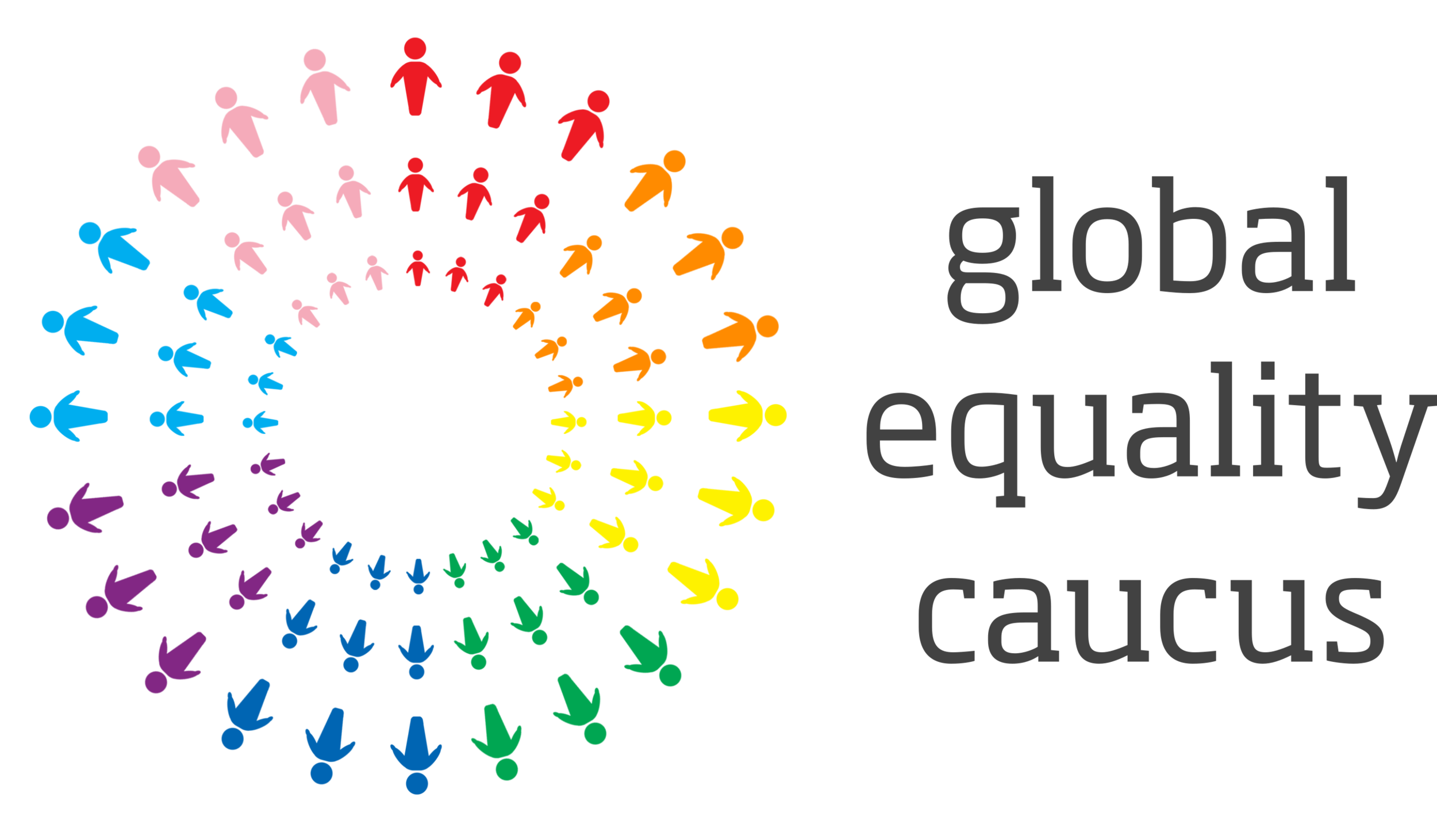IDAHOBIT 2025: Charting Global Progress on Banning Conversion Practices
As we mark the International Day Against Homophobia, Transphobia, and Biphobia (IDAHOBIT) on 17 May, we are conscious that many people around the world are still subject to anti-LGBT+ hatred which is often enforced by discriminatory laws and policies.
Since 2022 the Global Equality Caucus has campaigned to ban conversion practices, which seek to subvert or change the sexual orientation or gender identity of LGBT+ people based on the prejudiced idea that LGBT+ identities are disordered. We remain actively engaged in monitoring developments and supporting efforts to advance comprehensive legislation to end these harmful practices worldwide.
For IDAHOBIT in 2023, we assessed where legislation had been passed and identified where future successes could be won. Two years later, we take stock again here to see whether momentum towards protective laws has been sustained.
Legislative milestones
The following countries have passed legislation since May 2023 explicitly banning conversion practices:
Cyprus
In May 2023, the Parliament of Cyprus passed a bill criminalising conversion therapy practices targeting LGBT+ individuals. Under this legislation, individuals found guilty of practising — or advertising — conversion therapies can face imprisonment for up to two years and/or a fine not exceeding €5,000.
Iceland
In June 2023, the Icelandic Parliament unanimously voted to introduce a ban on conversion practices, with the bill pioneered by Global Equality Caucus member Hanna Katrin Fridriksson. The law bans conversion therapy for both children and adults and carries a maximum penalty of three years imprisonment.
Belgium
In July 2023, Belgium amended its Criminal Code to criminalise conversion therapies for LGBT+ people and give out prison sentences and fines for people who use conversion practices.
Norway
Effective January 2024, Norway's Act 113 prohibits all forms of conversion therapy across all settings. The legislation now makes it a criminal offence to attempt to change an individual’s sexual orientation or gender identity using medical, alternative medicine, or religious methods.
Mexico
In April 2024, Mexico implemented a comprehensive federal ban on conversion practices at the federal level, criminalizing attempts to change or suppress sexual orientation or gender identity. The federal bill had stalled until a group of congresspeople committed to advance the legislation at the Global Equality Caucus Latin America forum in 2022.
Portugal
A nationwide ban came into effect in 2024, imposing prison sentences of up to three years for those found guilty of conducting conversion therapy. The new law prohibits and criminalizes the forced conversion of LGBT+ individuals.
Proposals still pending
Ireland
The Irish government listed a bill to ban conversion therapy as a priority for publication in Spring 2024. No draft proposal emerged before the November 2024 election. The Global Equality Caucus visited Dublin ahead of the election to express concern over delays to the bill, and the new government has said it remains committed to introducing a ban as part of its 2025 Programme for Government.
United Kingdom
Despite repeated assurances, no draft legislation was published before the July 2024 election. The new Labour government has said it will introduce a comprehensive ban, but campaigners have recently criticised continued delays.
Netherlands
On January 28th, a petition with over 7,500 signatures was presented to the Dutch Parliament, calling for an end to conversion therapy. While legislative efforts to ban the practice have gained support, challenges related to constitutional rights and enforcement have impeded progress. The outcome of the proposed legislation discussed in early 2025 has yet to be determined.
Significant cases
China
In November 2024, a landmark case in China saw a transgender woman awarded compensation after being subjected to involuntary electroshock conversion therapy at a psychiatric hospital. The court recognized that the treatments violated her personal rights, marking the first successful legal challenge against such practices by a trans individual in China.
United States
As of 2025, 23 U.S. states have enacted bans on conversion therapy for minors. However, the legal landscape remains complex, with the U.S. Supreme Court set to hear a pivotal case challenging Colorado's ban, potentially impacting the enforceability of such laws nationwide.
Global overview
As of May 2025, the global picture on conversion therapy remains deeply uneven. The Global Equality Caucus legislation tracker shows:
15 countries have passed legislation that bans conversion practices nationwide.
3 countries have bans in sub-national jurisdictions, but protections continue to vary significantly in different states or provinces.
14 countries indirectly ban conversion practices through executive circulars and directives, though do not have explicit legislative bans enforcing criminal penalties.
More than 150 countries still have no legal protections in place, leaving LGBT+ people at risk of being subjected to these harmful and discredited practices.
Continuing legislative action
While progress has been made in banning conversion therapy worldwide, the journey toward universal prohibition continues. Advocacy, legislative action, and public awareness remain crucial in ensuring the protection and affirmation of LGBT+ identities globally.
To protect LGBT+ individuals from the harms of conversion therapy, legislative action must be comprehensive and clearly defined. Lawmakers can take several key steps:
Introduce national legislation that explicitly bans all forms of conversion therapy, including those targeting sexual orientation, gender identity, and gender expression.
Ensure the ban applies to both adults and minors
Provide support systems for survivors, including access to mental health care and legal recourse.
Engage with LGBT+ communities to ensure laws are informed by lived experiences and offer real protection.
Promote public education campaigns to expose perpetrators and raise awareness about the dangers of conversion practices.
Legislators have a powerful role to play in ending conversion therapy. By enacting clear, enforceable laws and standing with LGBT+ communities, they can help ensure that these abusive practices can be dismantled.

